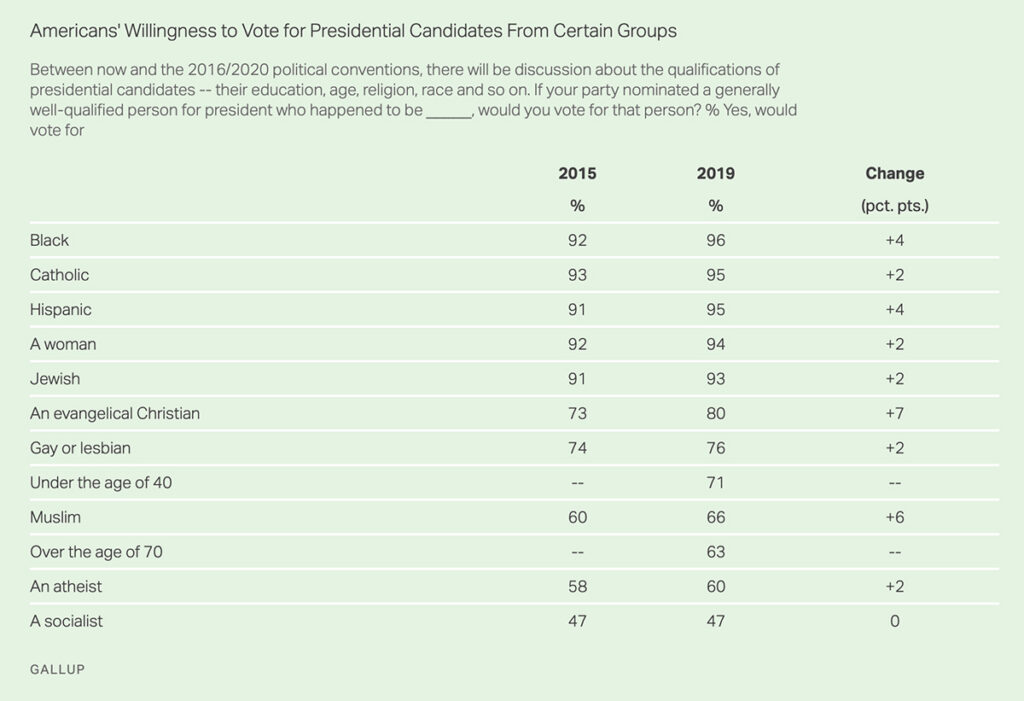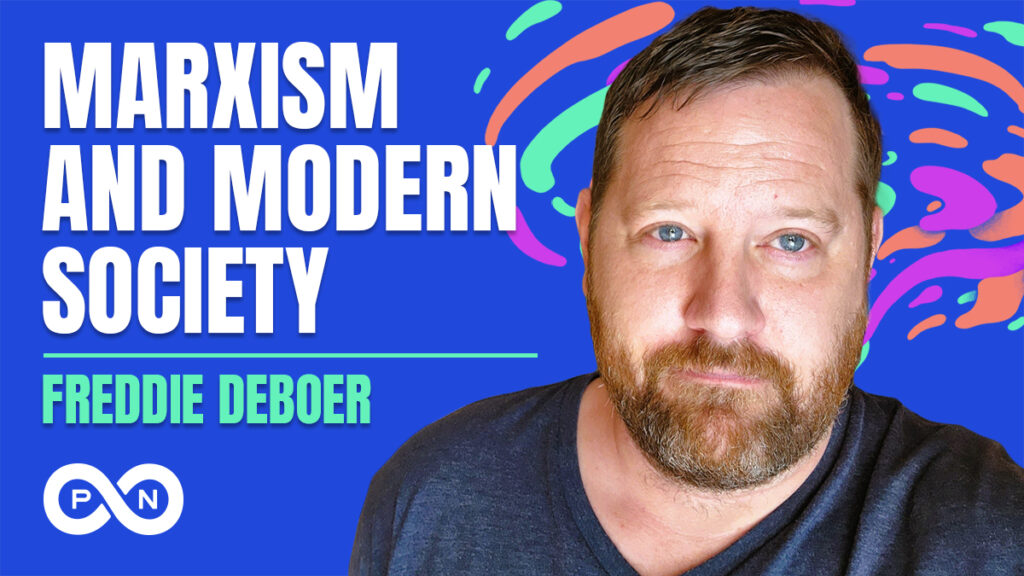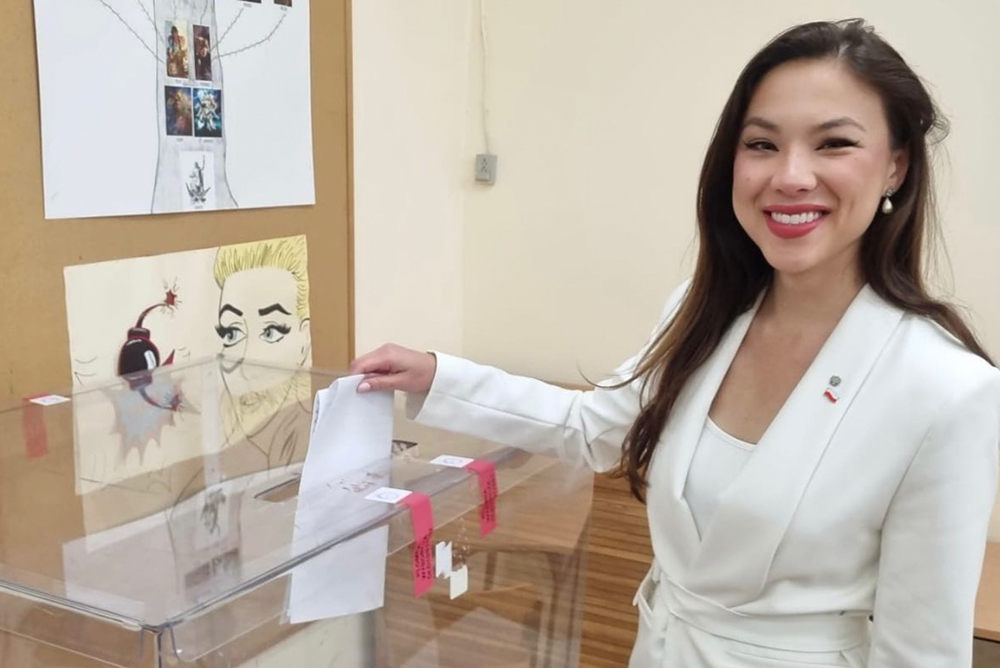Volcanoes are erupting in The Philippines, but on-fire Australia received some welcome rain. The Iran war cries have been called off and The Donald’s military powers are about to be hamstrung by the Senate. Meanwhile, his impeachment trial is starting, and we’re all on Twitter for a front-row seat.
What Could Go Right? One Nation, Under Tolerance
Americans have become much more tolerant of other religions. But where do we go from here?
This is our weekly newsletter, What Could Go Right? Sign up here to receive it in your inbox every Thursday at 5am ET. You can read past issues here.
One Nation, Under Tolerance
Have we gotten more or less tolerant of other religions? We are in a period, after the terrorist attacks in Israel last fall and the subsequent bombardment of Gaza, of heightened tensions. There have been news reports of attacks on both Muslims and Jews.
While we don’t have data yet for 2023, the Federal Bureau of Investigation (FBI) reported 2,014 hate crimes in 2022 categorized as religion-based, over half of them anti-Jewish. One hundred fifty-eight were anti-Muslim and 92 anti-Arab.
This is the first year the number of religion-based hate crimes has breached 2,000, although how much of that is due to an increase in crime and how much is due to victims’ increased willingness to report, as well as better tracking and information sharing, is unclear.
Religion-based hate crime numbers have roughly doubled since 1991, when they began to be collected, but are still widely considered an undercount. It also doesn’t much serve to compare then versus now, as only 20 percent of law enforcement agencies reported hate crime figures in 1991, and 77 percent in 2022.
What is occurring at the extreme edges is in contrast to Americans’ general attitudes, which are by and large neutral toward all religious groups. They are warmer toward Jews, mainline Protestants, and Catholics than toward evangelical Christians, Mormons, Muslims, and atheists, but still, neutral on the whole.
And, six in ten Americans have a friend who belongs to a different religion than they do.
I wouldn’t call this a utopia of religious harmony, but I do think it well meets the threshold for religious tolerance. There’s no argument that we are on the whole less tolerant than we were in, say, the 1950s, when the US was far less religiously diverse than it is now.
Since we don’t have much data going further back than even the early millennium, one place where we can see this change reflected is in our politics.
In 2015 and 2019, Gallup asked Americans if they would be willing to vote for a qualified candidate of various categories, from Hispanic to Muslim to socialist. By 2019, higher percentages of Americans were willing to vote for a qualified presidential candidate in all of the categories except one—socialist.

Americans seem to be becoming more open toward the possibility of a Muslim or atheist president, but there is much room for improvement. Almost half of Muslim Americans surveyed by the Pew Research Center in 2017 said that they had experienced at least one incident of discrimination in the past 12 months.
Still, our track record indicates that we could see a Muslim or atheist president over the long term.
Many know that President Joe Biden is the nation’s second Catholic president. Far fewer care—it was not on the hierarchy of issues during his campaign virtually at all. Not so for America’s first Catholic president, John F. Kennedy, when he ran in 1960. There were concerns that a Catholic president’s ultimate allegiance would be to the Pope.
And certainly not so for the first Catholic presidential nominee, New York governor Alfred E. Smith. His 1928 campaign, recounts the JFK Library, was “dogged by claims that he would build a tunnel connecting the White House and the Vatican and would amend the Constitution to make Catholicism the nation’s established religion.”
When in 2000 Democratic presidential nominee Al Gore chose Senator Joseph Lieberman, who is an Orthodox Jew, as his running mate, he told ABC News when asked if the American public was ready to elect a Jewish vice president that he didn’t think “those old distinctions and categories matter these days, the way they did in the past.”
He was right. Gore and Lieberman didn’t win, but it wasn’t because of Lieberman’s Judaism any more than it was the reason that Bernie Sanders didn’t nab the presidential candidacy in 2016 and 2020.
On the Republican side, there have been questions around Nikki Haley’s conversion to Methodism after growing up Sikh, which she did in the 90s when she got married. Even if you take a cynical view of that decision, a Republican presidential nominee from a Sikh background would have been a nonstarter not too long ago.
Nominee Vivek Ramaswamy, a Hindu, took pains during his now-ended campaign to bridge the gap between his religion and a heavily Christian base. His Hinduism was an issue for some, but not for others. Chief political analyst for the Christian Broadcasting Network, David Brody, told ($) The New York Times that “Theology matters, but the culture has changed. America has changed,” and that he doesn’t “buy” the “lazy narrative that [Ramaswamy is] Hindu so he can’t appeal to evangelicals.”
Since the religiosity of Americans has been trending downward for the last decade, the question that arises is whether we have become more tolerant because we have become less religious.
Perhaps, although some of the religious feel that we have become less tolerant of them as society continues to settle where the limits of tolerance lie, for instance when religious belief butts up against the rights of gay Americans. I think that feeling is a natural outcome of the “making room for everyone” process that the US continues to go through.
Another, related issue to the “rise of the nones,” as the trend of growing numbers of non-religiously affiliated Americans is often called, is that many studies have linked happiness and well-being to religious belonging. Those who don’t identify with any religion—although not those who say they are agnostic or atheist—are less likely to vote, volunteer, and be involved in their local communities, and more likely to report feeling less satisfied with their personal lives.
This has all shifted the US’ fault lines. Rather than various religions fighting amongst each other, a picture is now solidifying of the more religious on the right and the less religious on the left, and the public polarizing around that.
It’s of a piece with why many more Republicans than Democrats think that evangelical Christians are discriminated against, while more Democrats than Republicans think Muslims and Jews are. When the question is phrased differently, however, and Americans are asked whether being part of a certain group hurts or helps someone’s “ability to get ahead in our country,” answers coalesce around Muslims being disadvantaged in that respect, but not Jews or evangelical Christians.
Similar percentages of Americans would vote for a Muslim presidential candidate today as were willing to vote for a Catholic one in the 60s, which says a lot.
These are our challenges moving forward: to depolarize our politics, remove prejudices that remain, find new places for the “nones” to connect with others outside of religious institutions, and walk the delicate balance of my rights versus yours that is palatable enough for everyone.
Tall orders, and filling them can be messy. But if you look to our history, we have already demonstrated the capacity to do it.
This edition was inspired by a reader question. Please do feel free to send in your thoughts, questions, and ideas, about this topic or any other.
What Could Go Right? S5 E16

Will the labor class change with AI? What actually is Marxism? And what, if anything, can we learn from it? Freddie deBoer, author and “Marxist of an old-school variety,” shares why he thinks Marxist thought on capitalism, labor, and societal structures is still relevant and how he applies its principles to contemporary politics. | Listen now
Election Letters

2024 is going to be a whopper of an election year. Our friends at Zócalo Public Square are publishing a series, Election Letters, that will contextualize and personalize several of the big national elections that will occur, from Taiwan to Mexico.
The first in the series was a pair of essays from Poland’s late 2023 election, when a governing party that had tweaked the system in their favor was surprisingly ousted. Read about how the opposition accomplished this, and then the view from voters on the other side.
By the Numbers
160M: The number of sub-Saharan Africans who gained broadband internet access between 2019 and 2022.
46: The number of economies in sub-Saharan Africa that will grow this year, out of 48.
250M: The number of Indians who came out of multidimensional poverty since 2014. (Note: “crore” means ten million.)
Quick Hits
📉 Carbon emissions from fossil fuels hit a 60-year low in the European Union, hitting levels similar to the 1960s. Over half of the drop came from cleaner electricity in the bloc. Climate analysts, however, say emissions need to fall faster to hit warming targets.
☀️ While China is still building coal plants, their renewables expansion has been massive: the country added more solar panels in 2023 than the US has in its entire history. The pace of new solar and wind installation will be sustained moving forward, leading some forecasts to say that China’s emissions may have peaked last year. (Bloomberg $)
🪱 The world is very close to eradicating guinea worm disease. It would be, says The Carter Center, “the second human disease and the first parasitic disease eradicated in history.” Thirteen cases were reported in 2023, down from 3.5 million in the late 80s.
💉 HPV vaccines for girls have been astoundingly successful at preventing cervical cancer. Studies have shown such enormous drops in rates for those vaccinated before they are sexually active that some are wondering whether cervical cancer could disappear entirely in the future.
💰 More Americans opened businesses in 2023 than ever before, says Yelp. It’s another positive sign of the US’ post-pandemic recovery, and that a future recession could be avoided. With this good economic climate, young people are doing just fine with wealth building, surpassing previous generations.
🦏 Scientists may one day have a new tool in their belt to save nearly extinct animals: IVF. A team is currently attempting to save the northern white rhino, of which only two remain, by implanting embryos into a related species that will act as “surrogate moms.” This process could eventually work for many different rhino species.
👂 More companies are announcing success at treating deafness through gene therapy, with several children now being able to hear. Science walks us through how it works and what’s next. ($)
💡 Editor’s pick: Does highlighting progress really lull us into complacency? Data scientist Hannah Ritchie spells out the reasons for talking about progress more often. She also has a new book out about climate change that does just that.
🌎 Plus: Worried about the end of the world? We’re right on time for the next extinction panic, writes Tyler Austin Harper, a phenomenon historically fomented by elites. (NYT $)
TPN Member Originals
(Who are our Members? Get to know them.)
- Nostalgia politics is a dead end | Slow Boring | Matthew Yglesias
- We need a new word for ‘plagiarism’ | NYT ($) | John McWhorter
- How art creates us | NYT ($)| David Brooks
- Think twice before taking the top job | The Atlantic ($) | Arthur C. Brooks
- A titanic geopolitical struggle is underway | NYT ($) | Thomas L. Friedman
 Ruy Teixeira on how Democrats lost the working class | Persuasion | Yascha Mounk
Ruy Teixeira on how Democrats lost the working class | Persuasion | Yascha Mounk- We must pay more attention to young men | Of Boys and Men | Richard V. Reeves
- The Red Sea crisis shows China’s Belt and Road Initiative is vital for all nations | FP ($) | Parag Khanna
- The US-China relationship is back on track. Let’s hope it stays that way. | WaPo ($) | Fareed Zakaria


